Slovenian President finds peace and wants to share it
“I am trying to help the people. I would say it’s a result of my own personal development.” - Drnovsek
Saturday, 09.09.2006.
17:00

Slovenian President finds peace and wants to share it
For well over a decade he has been at the center of Slovene politics, first as prime minister and then as president, a cool and reserved politician best known for his expertise in controlling inflation. But seven years ago, he was stricken with cancer of the kidney, which he says he survived only after rejecting conventional medical treatments and adopting a vegetarian diet, fasting and natural remedies. He says he was transformed by the experience, suddenly emboldened to speak his mind on all sorts of topics, from advice to the lovelorn to peace in Darfur.He has frequently criticized the government and the Roman Catholic Church, and started a raft of initiatives that his advisers say they can barely keep up with. Above all, he believes he has found “a higher consciousness,” and now wants to share what he calls his “positive energy” with the rest of the world.
Mr. Drnovsek has not seen a doctor in a year and a half. Though questions were raised about his health after he fainted during a ceremony in June, he maintains that he has fully recovered, and that he is now obliged to help others.
“I am trying to help the people,” he said in an interview in his offices in Ljubljana. “I would say it’s a result of my own personal development. I have developed my awareness. I can help people, I think, because they are finding themselves down the road I have passed some time ago.”
Frequently smiling, and looking relaxed but older than his 56 years, Mr. Drnovsek outlined how overcoming the “formations,” as he called the cancer that at one stage had spread to his lungs, changed his personality. “This disease that I have overcome in the last few years — certainly it can have an impact,” he said. “You realize that life could be really short. Before, I was concentrated on pragmatic issues as prime minister. But then I was able to establish some distance. I think that I should do a little more to help the others.”
He says he no longer feels he has to hold back on issues that others consider too delicate. “I don’t have to make a compromise, just to say what is right,” he said.
Rather than live in his official residence, Mr. Drnovsek stays in a village on a mountain half an hour’s drive from the capital. He says that he lives on fresh vegetables and bread that he bakes himself, and that he periodically fasts for as long as eight days at a time.
In January, he resigned from his political party and formed a group called the Movement for Justice and Development, a platform for his new political and moral vision. He has a blog on the group’s Web site, in which he comments on topics as diverse as microlending, Jesus Christ, herbal medicine and the responsibilities of public office. “Someone in power should be a person who wishes it the least; a person who is honest, and who is aware of all the traps and the huge responsibility of authority,” he wrote in one entry. “Such a politician will work for the people, for the municipality, the state and humankind.”
MR. DRNOVSEK’S frankness has made him one of the most popular figures in the country. Last Christmas, his popularity surged when a woman surprised him with the revelation that he had a 19-year-old daughter, from a relationship they had in the 1980’s. The disclosure only added to his popularity, as father and daughter were publicly united for the first time.
“I think that after this personal struggle, people saw that he was someone like them, and because he can share things with them,” said Tina Horvat, an editor with Jana, the woman’s monthly magazine that publishes his advice column. “If presidents of other countries would be like him, it would make the world a better place.”
But it is the application of the president’s new vision to world affairs that has courted the most controversy, and not a little ridicule.
Last October, he began a campaign to resolve the future of the disputed province of Kosovo, now administered by the United Nations. His proposal — to give the province conditional independence from Serbia — angered both the Albanian and Serbian sides in the dispute, and prompted the Serbs to cancel an official visit by Mr. Drnovsek to Belgrade.
This year he has made repeated suggestions about ways to solve the conflict in Darfur, going as far as inviting the leaders of the rebel factions and the Sudanese government to a peace conference in Ljubljana. None came.
In August, an envoy Mr. Drnovsek had sent to Sudan — Tomo Kriznar, a prominent Slovene human rights advocate — was sentenced to two years in prison by a Sudanese court for entering the country illegally. Mr. Kriznar, who was trying to draw up an agreement among rebel groups that were not yet parties to an existing peace deal with the Sudanese government, had crossed over the border from Chad without a visa. After intervention by the Slovene government and the European Union and a letter from Mr. Drnovsek, Mr. Kriznar was pardoned Sept. 4 and set free.
“People are suffering more and more,” Mr. Drnovsek said. “So I thought that I had to do something, and Tomo Kriznar also thought I had to do something.” Mr. Drnovsek’s handling of the affair prompted calls for his resignation from a right-leaning magazine, Mag. Diplomats deplored what they said was the amateur nature of his initiative and the damage it did to Slovenia’s reputation. (His five-year term ends in December 2007, and he said in June that he would not seek re-election.)
THE Sudanese affair does seem to have cut into his political support. But he shows no signs of curtailing his role as a peacemaker. “Did the whole international community make progress, with so many hundreds of diplomats who are paid for this?” he asked. “Nothing, neither in Darfur nor in Kosovo. Nothing.
“That’s why I started my initiatives, hoping perhaps I can move things. But one should be surprised why the whole international community isn’t more efficient, in any case, and not why I’m not.”
Still, the affair has raised questions about his judgment. “I am not sure how much the president knew about Sudan,” said Ali Zerdin, deputy editor of Mladina, a weekly magazine. “It was definitely naive to expect that such a complex problem would be solved with the power of positive thinking.”
More ominously, several politicians and at least one doctor have raised questions about whether diet and positive thinking really have cured Mr. Drnovsek, particularly after his fainting spell in June. “I’m no prophet,” wrote Tine Velikonja, a retired surgeon who said he had spoken with the president’s former doctors. “But I can say for certain that if Drnovsek insists on his vegetarian diet, he will not walk this earth in 2007.”










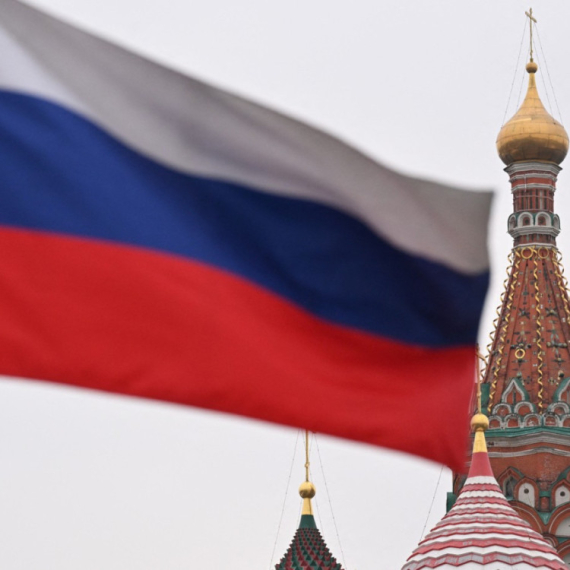
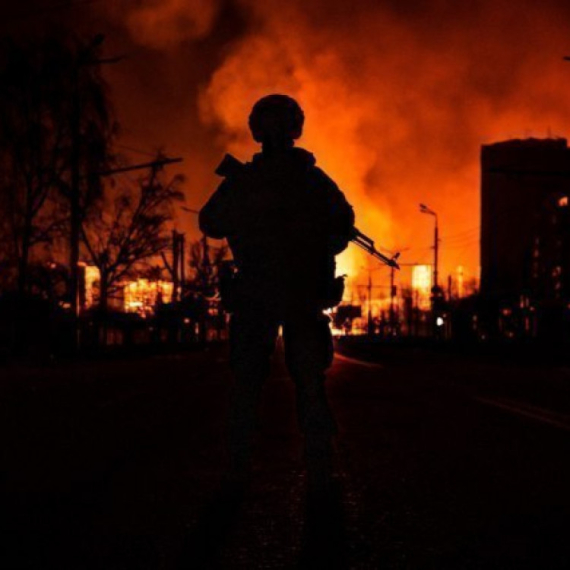

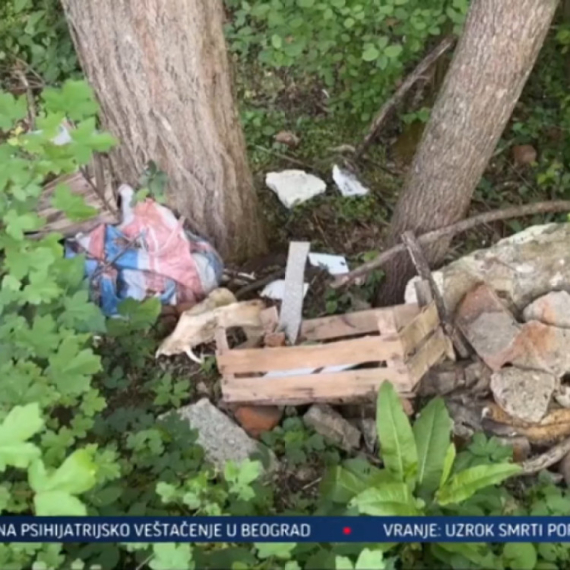
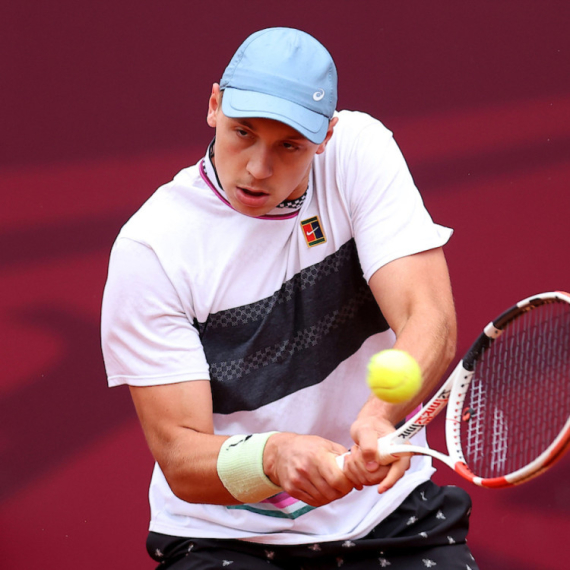
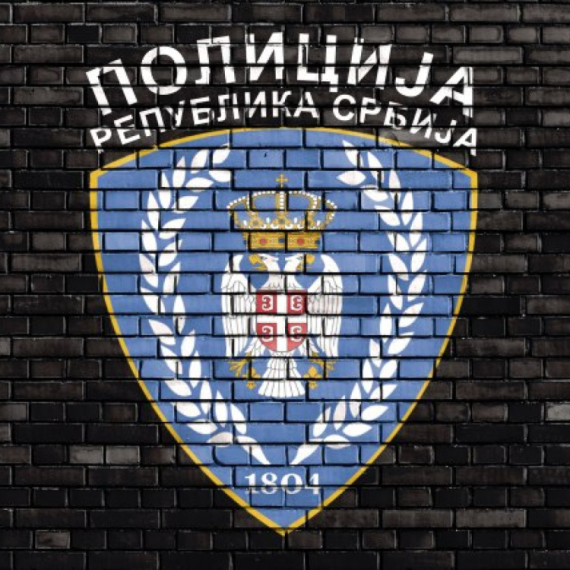
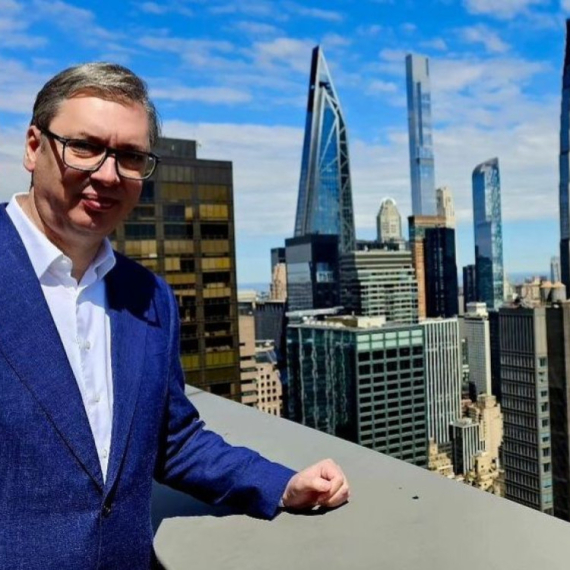
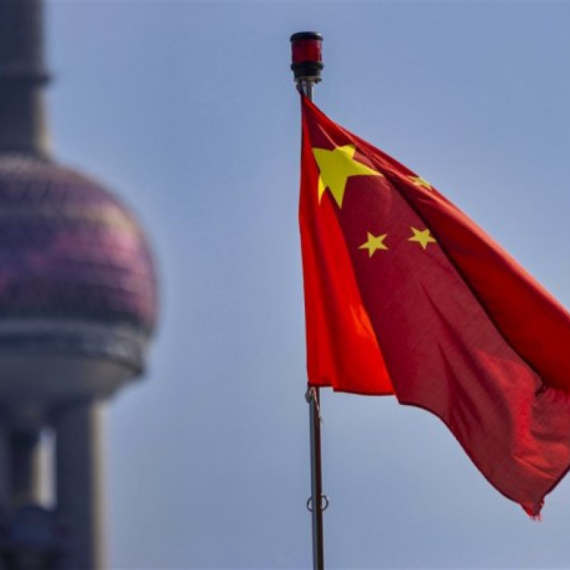


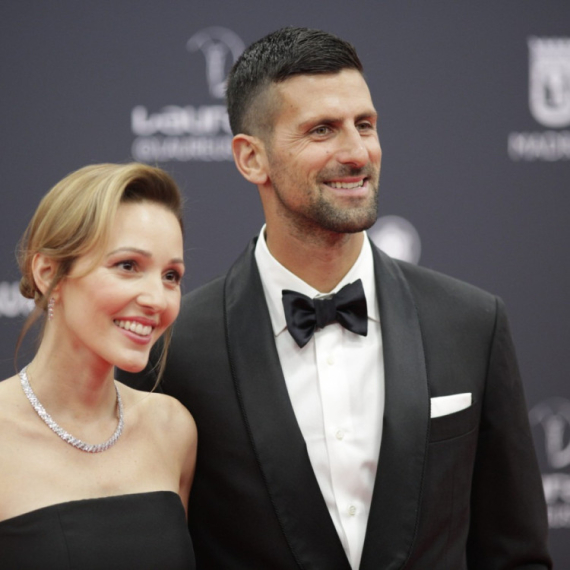
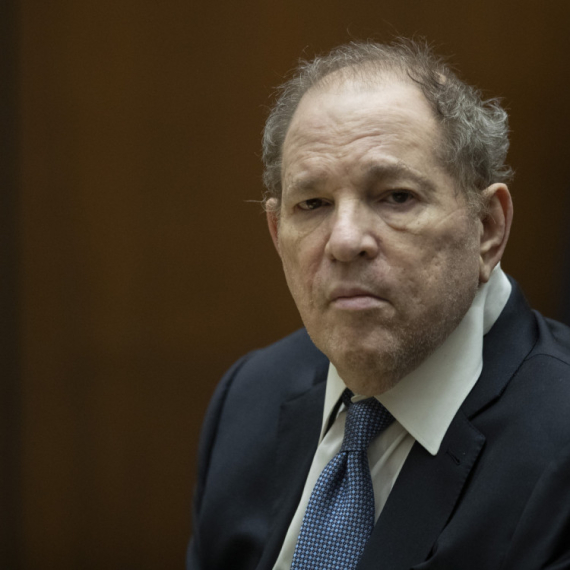






















Komentari 0